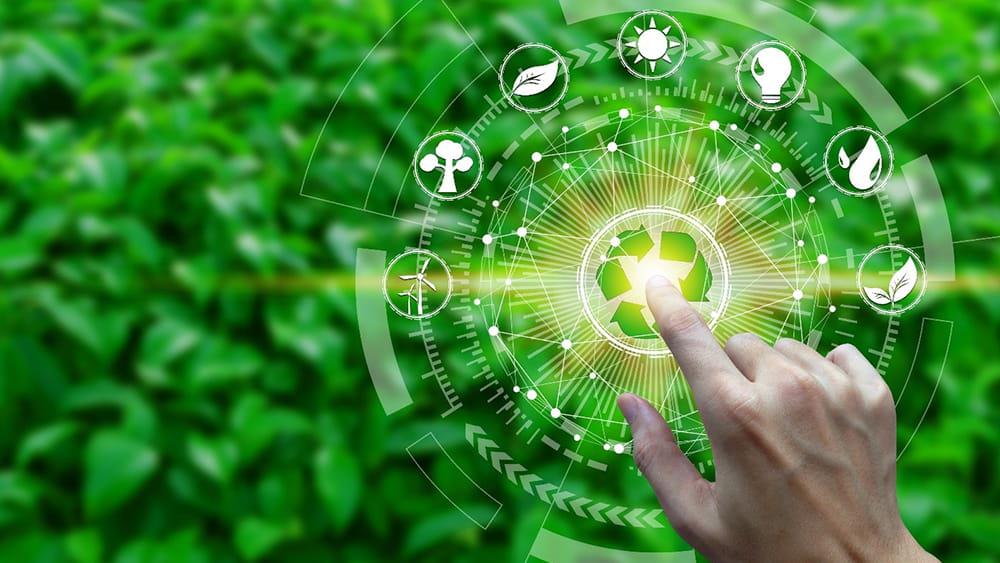A smoke detector is a device designed to detect the presence of smoke in premises in order to prevent fires and ensure the safety of occupants. The main function of a smoke detector is to monitor the air for the presence of smoke particles, which allows you to quickly signal a possible fire. Installation locations and application: In residential premises - smoke detectors are installed in corridors, bedrooms, kitchens and […]
heating equipment
FOCUS TERMO
With a love of engineering





